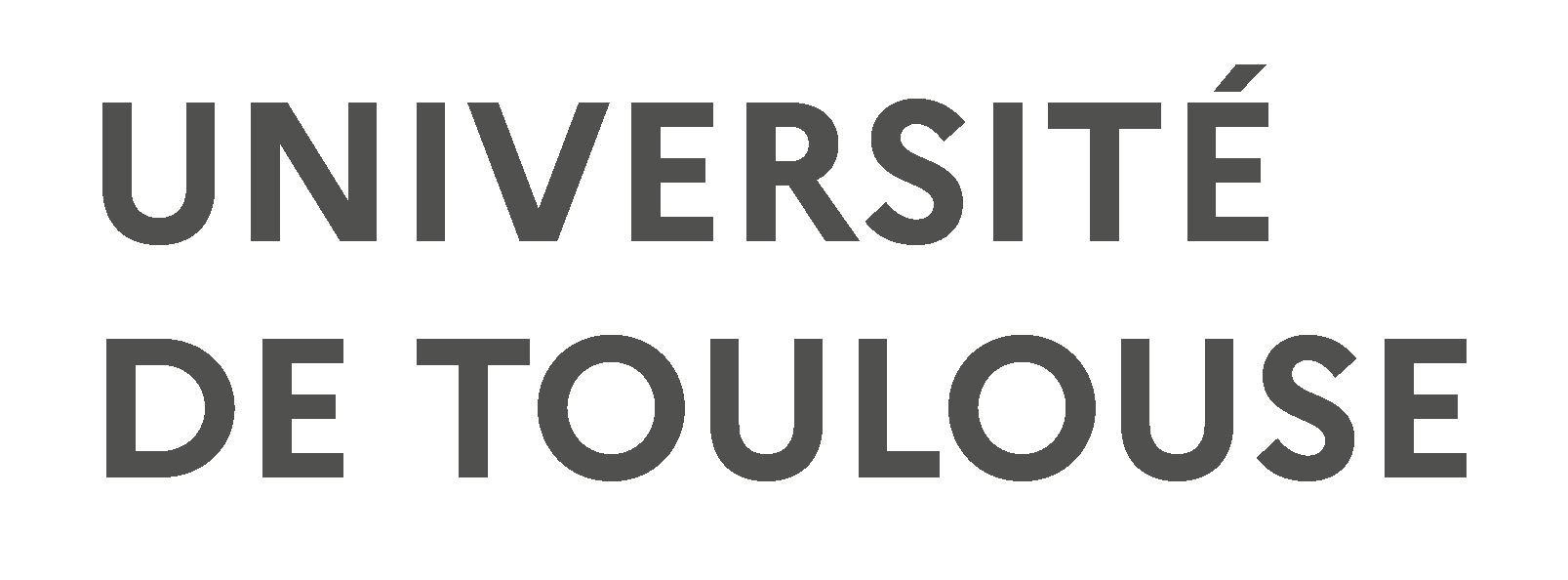La Ligue contre le cancer accreditation METAML team for 3 years
Mitochondrial adaptations and metabolic dynamics in drug resistance of myeloid malignancies
Relapse and drug resistance are major barriers for effective treatment of most solid tumors and hematological malignancies. Therefore, there is an urgent need to understand drug-specific and pleiotropic causes of therapeutic resistance in vivo in order to develop new treatments selectively targeting relapse-initiating drug-resistant/tolerant persisting cancer cells (RICs or persisters). To study and target these RICs, we are using acute myeloid leukemia (AML) as a relevant model to address multiple mechanisms of drug resistance common to most therapy-resistant cancers including melanoma, pancreatic adenocarcinoma and metastatic cancers. In this context, our research efforts have shown that cancer stem cells are heterogeneous with regard to their sensitivity to chemotherapy. Chemotherapy induces a transient phenotype of stem cells with signatures of responses to inflammation and stress. Furthermore, oxidative (OxPHOS) metabolism and mitochondrial adaptation support drug resistance in vivo, and AML cells in metabolic symbiosis with their environment have high metabolic capacities and are metabolically flexible, especially when challenged by drugs. Recently, we showed that this mitochondrial adaptation and energetic flexibility result from a biphasic mechanism of mitohormesis in response to conventional chemotherapeutics as well as to novel targeted therapies. However, although we have focused only on AML cells and the metabolic features specific for RICs (without considering the impact of diverse microenvironments on their mitochondrial metabolism), metabolic determinants leading to drug resistance remain largely unknown at the tissue ecosystem and whole organism levels. Accordingly, our research program will track the metabolic landscape and mitohormetic dynamics of the residual cell populations in tissues and whole organism over time post-treatment and will assess the role of host metabolism (which include host inflammatory lipid and iron availability), in regulating metabolic dialogues between cancer and microenvironmental cell populations in several metabolically distinct ecosystems and selecting drug-resistant cells at the origin of relapse.

Toulouse Cancer Research Center (Oncopole)
Toulouse - FR
Follow us on social network
Contact us
+33 5 82 74 15 75
Want to join
the CRCT team ?



